History
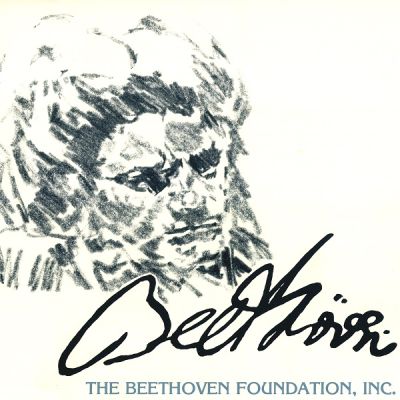
1979
The American Pianists Association (APA) was founded in New York City as the Beethoven Foundation. The founders intended to identify and groom young pianists for international competitions, which were thought to be an entrée to a national and international career.
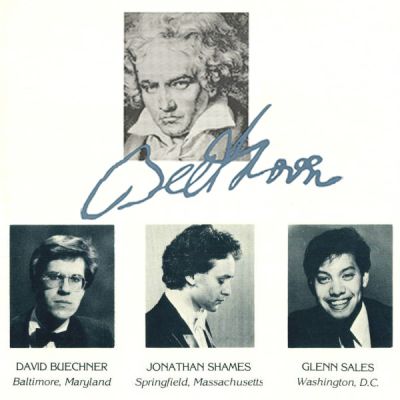
1981
The first National Piano Fellowship Auditions were held in New York City as a means to identify the nation’s outstanding young pianists, and three pianists were declared winners of the competition.
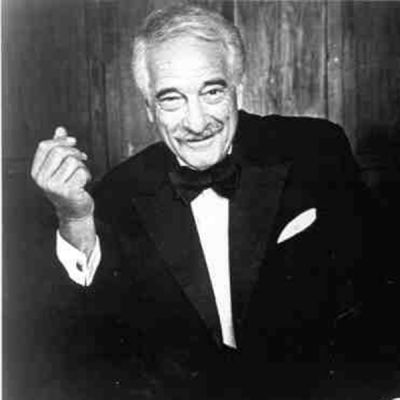
1982
The Foundation moved its national headquarters to Indianapolis, Indiana, because of its central geography, reasonable cost structure and personal ties to the city of two of its founders, Tony Habig and Victor Borge. Throughout the rest of the 1980s, the Auditions were held every two years with three Beethoven Foundation Fellows named each running.
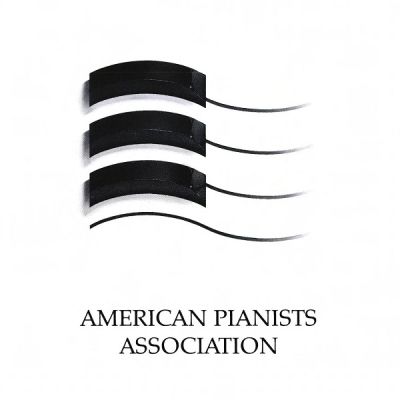
1989
The organization changed its name to the American Pianists Association to reflect a broader scope. The classical competition continued to be every two years until 1997 with three Fellows emerging from each round.
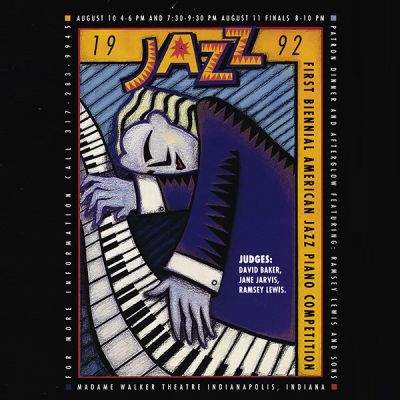
1992
The first Biennial American Jazz Piano Competition was held. That competition returned four times in the 1990s, alternating with the Classical Fellowship Awards.
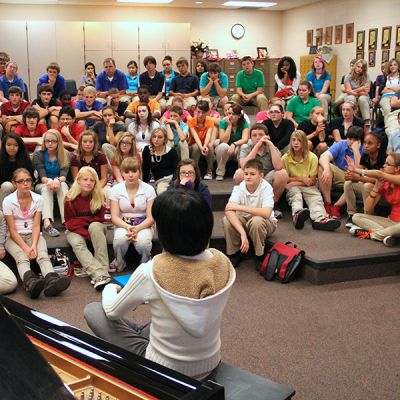
1999
A new format was announced for the classical competition. The new Awards would be held once every three years using an innovative seven-month format. This year also saw the debut of Concerto Curriculum. This program brings the beauty of world-class music to new audiences and non-traditional venues, provides pedagogical growth for developing artists, and inspires new generations of young musicians. Today, Concerto Curriculum is part of each American Pianists Awards competition. Every finalist completes a three-day residency with a high school orchestra or jazz band, culminating in a joint public performance with school musicians. (pictured: 2013 finalist Claire Huangci with students)
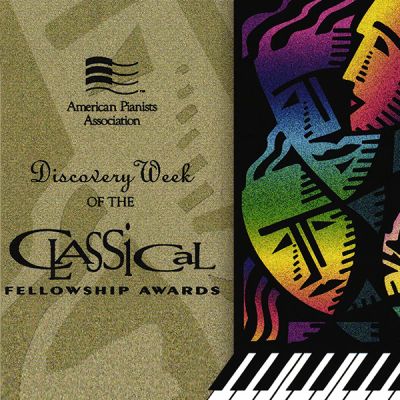
2000
The five finalists returned to Indianapolis for the debut of Discovery Week—a week-long series of performances across multiple genres capped by a two-day final competition. Under this new format, two Fellowships were awarded for each competition in 2000, 2003, 2006 and 2009.
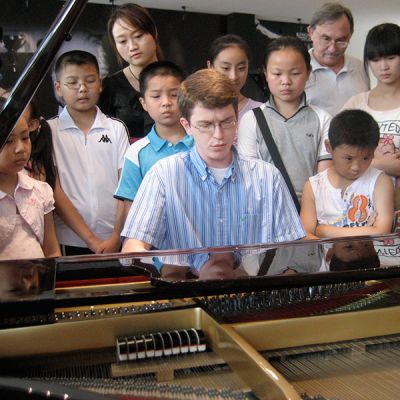
2001
Dr. Joel Harrison joined the organization as Artistic Director. Beginning in 2003, Dr. Harrison and fellowship winners have toured under the auspices of the Cultural Programs Division of the U.S. Department of State. Playing at overseas embassies and concert halls while providing masterclasses for students and a variety of other outreach ventures, the program has visited Asia, the Middle East, the Caucasus and Northern Africa. (pictured: Steven Beus performing outreach in China in 2008)
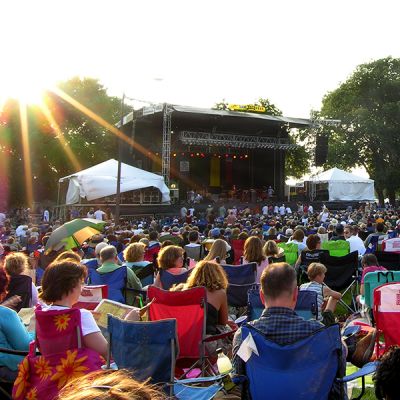
2003
The American Pianists Association produced Indy Jazz Fest annually through 2008. A family-oriented, three-day event with multiple stages, the festival featured top performers in jazz, blues, roots, rhythm & blues. (pictured: crowd scene in 2006)
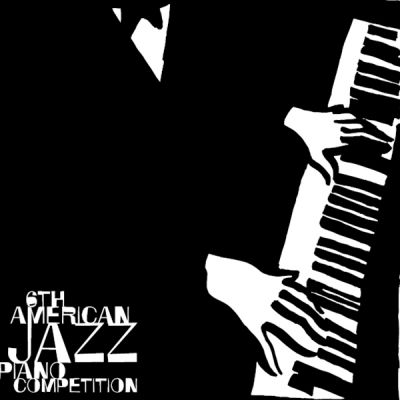
2004
The jazz competition returned under the name Jazz Fellowship Awards.
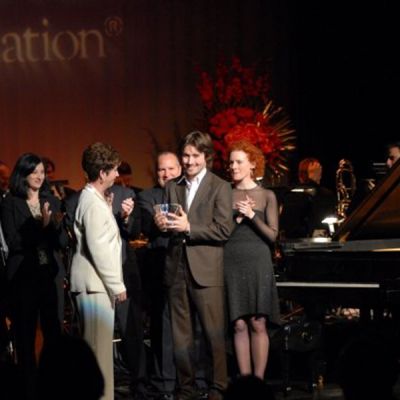
2007
American Pianists Association joined Facebook. Our first post covered jazz pianist Dan Tepfer winning the 2007 American Pianists Awards.
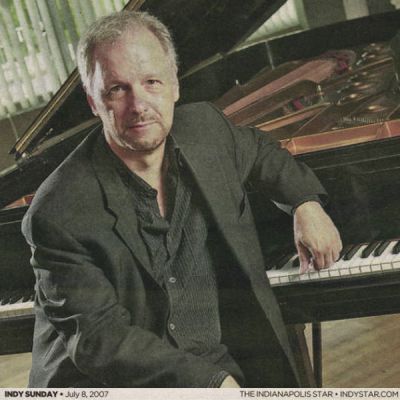
2008
Dr. Harrison became President/CEO in addition to his role as Artistic Director.
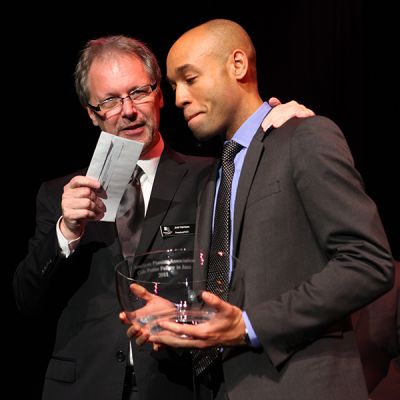
2010
The American Pianists Awards cash prize for both classical and jazz competitions was raised to $50,000, making the jazz award the largest prize in the world for a young American jazz pianist.
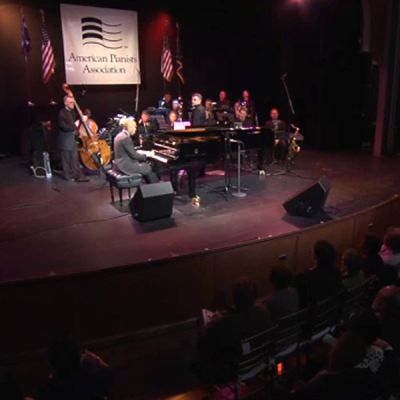
2011
The American Pianists Awards moved to a new schedule that continues today. The Awards are held every two years, alternating between jazz and classical competition and awarding a single winner. 2011 also witnessed the first webcast of the American Pianists Awards finals.
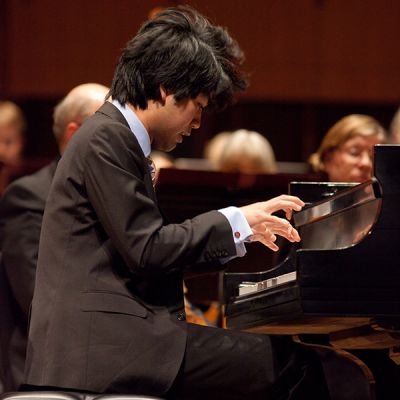
2013
Sean Chen won the 2013 American Pianists Awards. The 66th United States Secretary of State, Condoleezza Rice served as Honorary Chair.
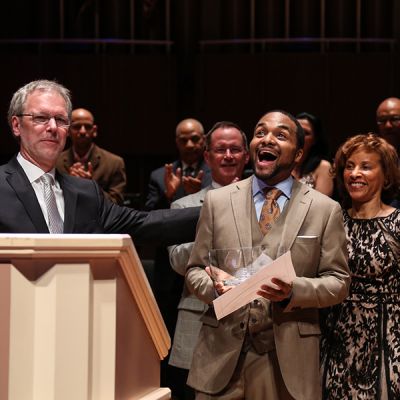
2015
Award-winning NBC News anchor Lester Holt served as Honorary Chair of the American Pianists Awards which saw jazz pianist Sullivan Fortner emerge as the winner.
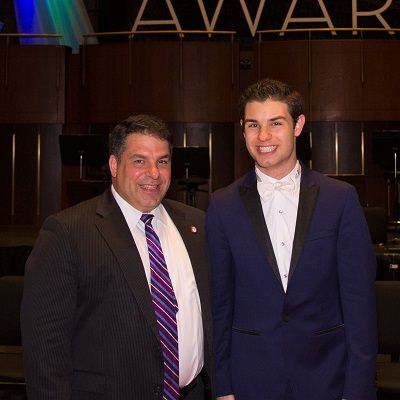
2017
Thanks to a partnership with the University of Indianapolis, future winners of the American Pianists Awards would be named Artist-in-Residence at the university for two years. Drew Petersen (seen here with UIndy President Robert L. Manuel) became the first.
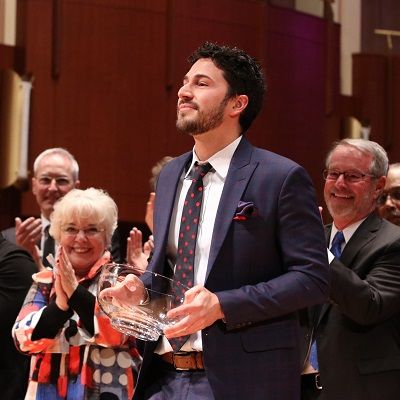
2019
Emmet Cohen became the first winner of the American Pianists Awards jazz competition to be named UIndy Artist-in-Residence. The cash prize awarded to each finalist doubled this year to $20,000.
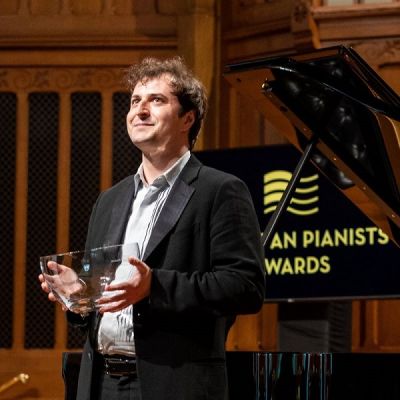
2021
Kenny Broberg was named the winner of the 2021 American Pianists Awards. In a year with an unprecedented pandemic, each of the five finalists were awarded $50,000.
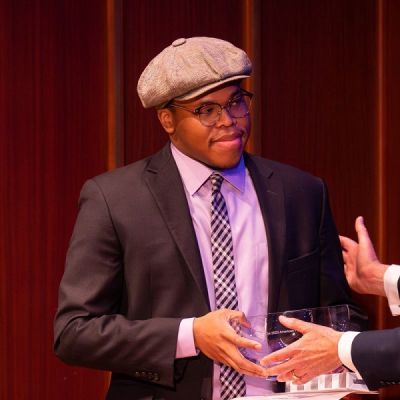
2023
Isaiah J. Thompson was named the winner of the 2023 American Pianists Awards. He was awarded $50,000.
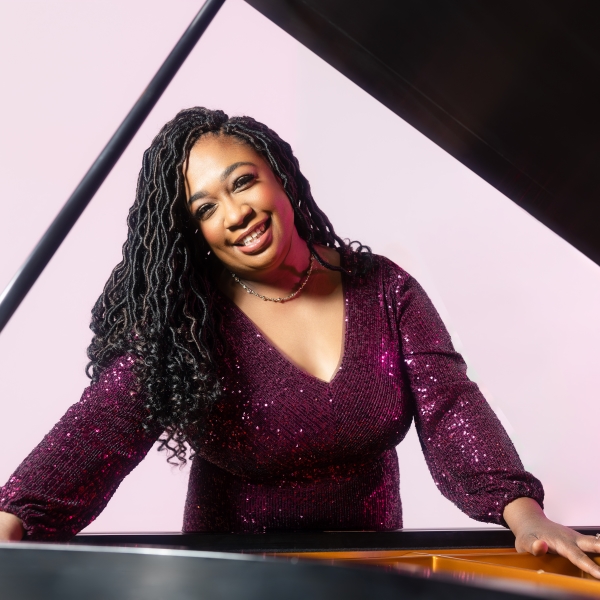
2024
Pianist Michelle Cann becomes the inaugural Christel DeHaan Artistic Partner of the American Pianists Awards. In this capacity, she oversees all artistic aspects of the 2025 competition including managing the nomination process, jury selection and concert programming.
“It is an honor to join such a prestigious organization that is elevating the voices of today,” Cann said. “I am so excited to work through this process and help support these great young pianists, and I cannot wait to see all of this through to the finals in April 2025.”